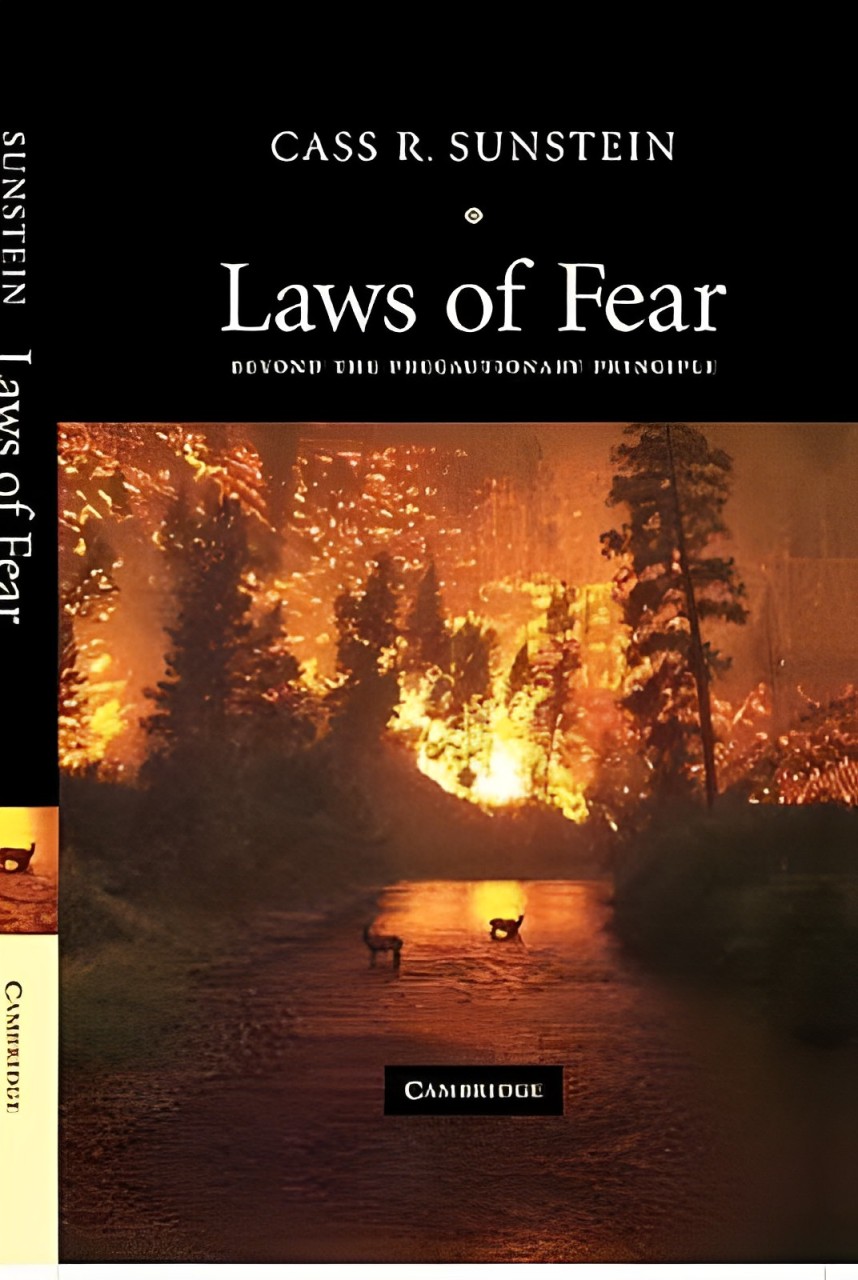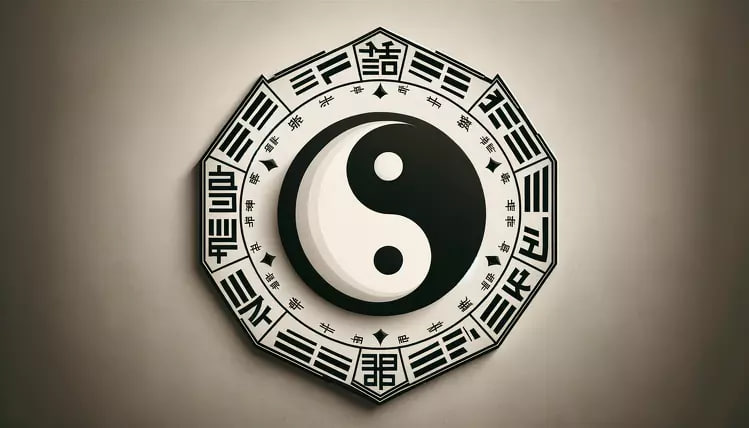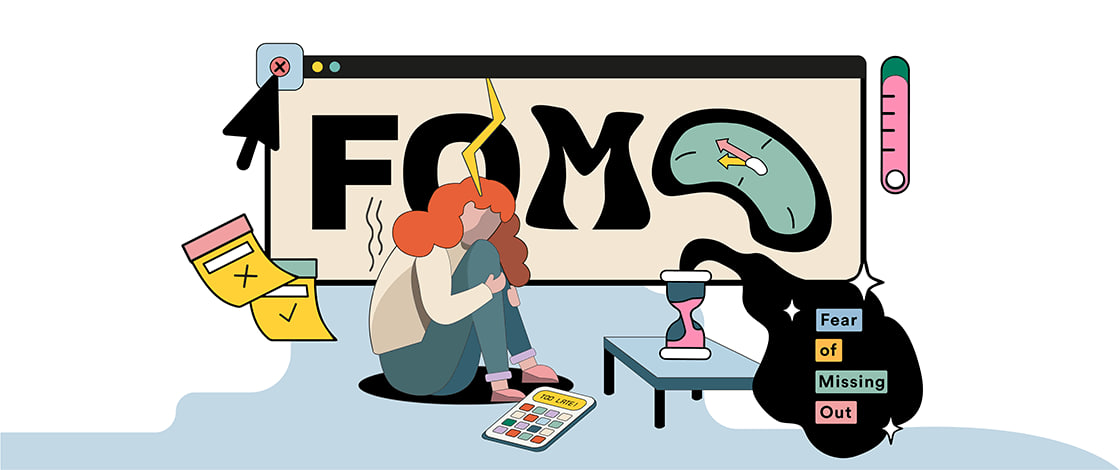The “Law of Fear” isn’t a formal scientific or philosophical law in the same sense as laws like gravity or karma. However, the term “Law of Fear” is sometimes used to refer to the ways in which fear governs our behavior, perceptions, and decisions, either individually or in society.
Understanding Fear and Its Effects
Fear is a natural and powerful emotion that has evolved to help humans survive by triggering a “fight-or-flight” response in the face of danger. However, in many ways, fear can also limit us or hold us back, often in ways that are less about immediate physical threats and more about psychological or societal factors. Some interpretations of a “Law of Fear” focus on the idea that fear, when left unchecked, controls or shapes how people live, how they think, and what they do (or don’t do).
Here are a few ways people might describe the “Law of Fear” in different contexts:

1. Psychological or Personal Growth Context
In the realm of personal development and psychology, the “Law of Fear” could refer to the idea that fear often limits potential and shapes behavior in negative ways:
- Fear as a Barrier: Fear can prevent people from stepping outside their comfort zones, trying new things, or pursuing goals. It often manifests as self-doubt, anxiety about failure, or fear of judgment from others. In this sense, the “Law of Fear” could be seen as a principle where fear becomes a self-fulfilling prophecy, keeping us stuck in our current state because we’re too afraid to act.
- Fear as a Motivator: On the other hand, fear can also be a motivator. It can push us to work harder, avoid dangers, or make better decisions. But when overemphasized, it can lead to chronic stress, anxiety, or avoidance behaviors.
- Fear of Unknown: Fear is often rooted in unknown—whether it’s fear of the future, fear of uncertainty, or fear of loss. The more uncertain something feels, the more prone we are to fearful thoughts or actions. In many ways, the “Law of Fear” in this sense is about how the unknown can control our choices, leading us to either shrink back from opportunities or act impulsively to avoid discomfort.
2. The Law of Fear in Society or Politics
In a societal or political context, fear is often used as a tool of control:
- Manipulation Through Fear: Political leaders, media, or social structures can use fear as a means to manipulate the public, creating divisions or prompting behaviors that serve their agenda. This can include fear-mongering about external threats (e.g., terrorism, economic collapse, pandemics) to justify actions that might restrict personal freedoms or rights.
- Fear of “Otherness”: Fear can also be socially constructed—fear of people who are different (based on race, nationality, culture, religion, etc.) can lead to prejudice, discrimination, or even violence. In this case, the “Law of Fear” might describe how fear of the unknown or unfamiliar creates social division and perpetuates harmful stereotypes.
- The Power of Fear: Some sociologists and philosophers argue that fear is one of the most powerful tools for controlling populations because it often overrides reason and leads people to make decisions out of survival instinct or a desire for safety. Fear, when used effectively, can generate mass compliance.
3. Spiritual or Philosophical Interpretations
In spiritual or philosophical traditions, the “Law of Fear” might refer to how fear distorts our sense of reality and blocks spiritual or emotional growth. It can be seen as an obstacle to enlightenment, personal empowerment, or understanding the true nature of existence.
- Fear as an Illusion: Some spiritual teachings, such as those in Buddhism or New Age philosophy, suggest that fear is an illusion created by the ego or the mind. According to this perspective, the “Law of Fear” might explain how fear holds us back from our true potential, love, and connection to the universe or the divine. Overcoming fear, in this view, is key to experiencing inner peace and true freedom.
- Fear of Change or the Unknown: In many spiritual traditions, fear is viewed as the resistance to change or growth. The “Law of Fear” in this sense suggests that people often stay in situations (jobs, relationships, habits) because of fear of what lies beyond—uncertainty, discomfort, or perceived loss.
- Fear as Separation: Some philosophical traditions argue that fear is a force that keeps people feeling separate from others, from nature, or from a higher power. Overcoming fear is seen as a way of reconnecting with the world in a more open, loving, and unifying way.
4. Fear and the Ego
Another way the “Law of Fear” might be described is in terms of ego and self-preservation. The ego, or the “false self,” is often driven by fear, which seeks to maintain its identity by avoiding anything that challenges its beliefs or threatens its survival. In this sense, the “Law of Fear” is the ego’s attempt to preserve itself at all costs, even at the expense of personal growth, happiness, or connection with others.
- Fear as Control: The ego thrives on fear because it provides the illusion of control. Fear of losing control, of the unknown, or of death, for example, reinforces the idea of separateness and individual identity. The more a person identifies with this ego-driven fear, the more they are controlled by it.
5. The Law of Fear as a Self-Fulfilling Cycle
Fear, when not addressed, can create a feedback loop: The more we fear something, the more we focus on it, and the more it becomes a reality in our minds. This can manifest as anxiety, phobias, or procrastination. The “Law of Fear” in this sense might suggest that what we fear most often becomes what we experience, either because we avoid it out of fear, leading to missed opportunities, or because we attract it through negative thinking.
Summary of the “Law of Fear”:
- Psychological Impacts: Fear can limit potential by preventing action, growth, or new experiences.
- Social Manipulation: Fear can be used as a tool to control people or communities, generating conformity or division.
- Spiritual Barriers: Fear is often seen as an illusion or obstacle to enlightenment, personal growth, or unity with the universe.
- Ego and Survival: The ego uses fear to maintain its sense of identity and control over the individual.
- Self-Fulfilling Prophecies: Fear can create a cycle where our worries become real by focusing on them too intensely.
Ultimately, the Law of Fear highlights the powerful influence fear can have over our thoughts, actions, and society. Whether viewed as a psychological barrier, a social force, or a spiritual illusion, it underscores the importance of facing and overcoming fear to live a more fulfilling and empowered life.
Recommendation: KPOP NEWS ASIA













Leave a Reply